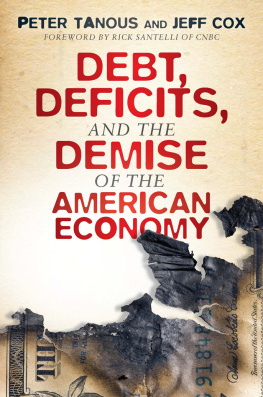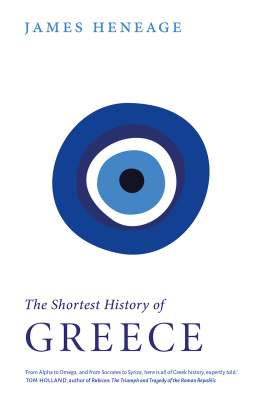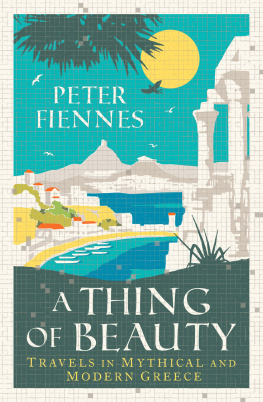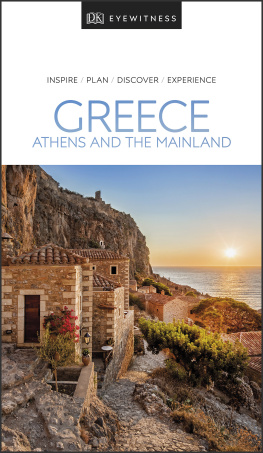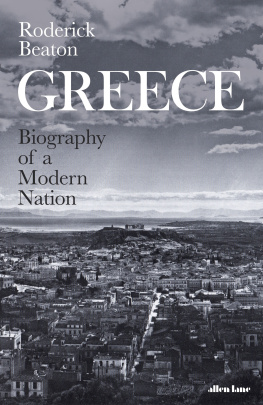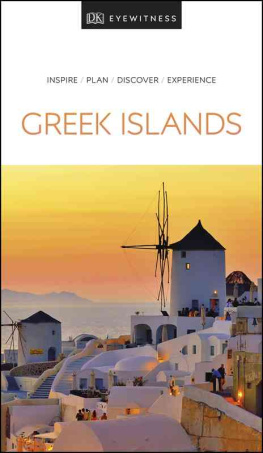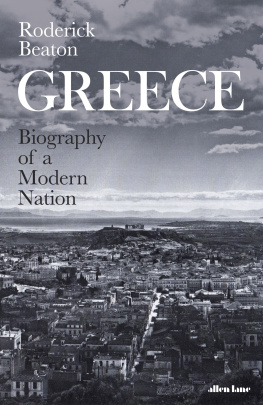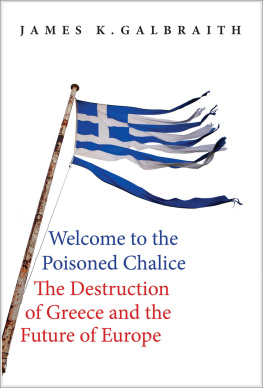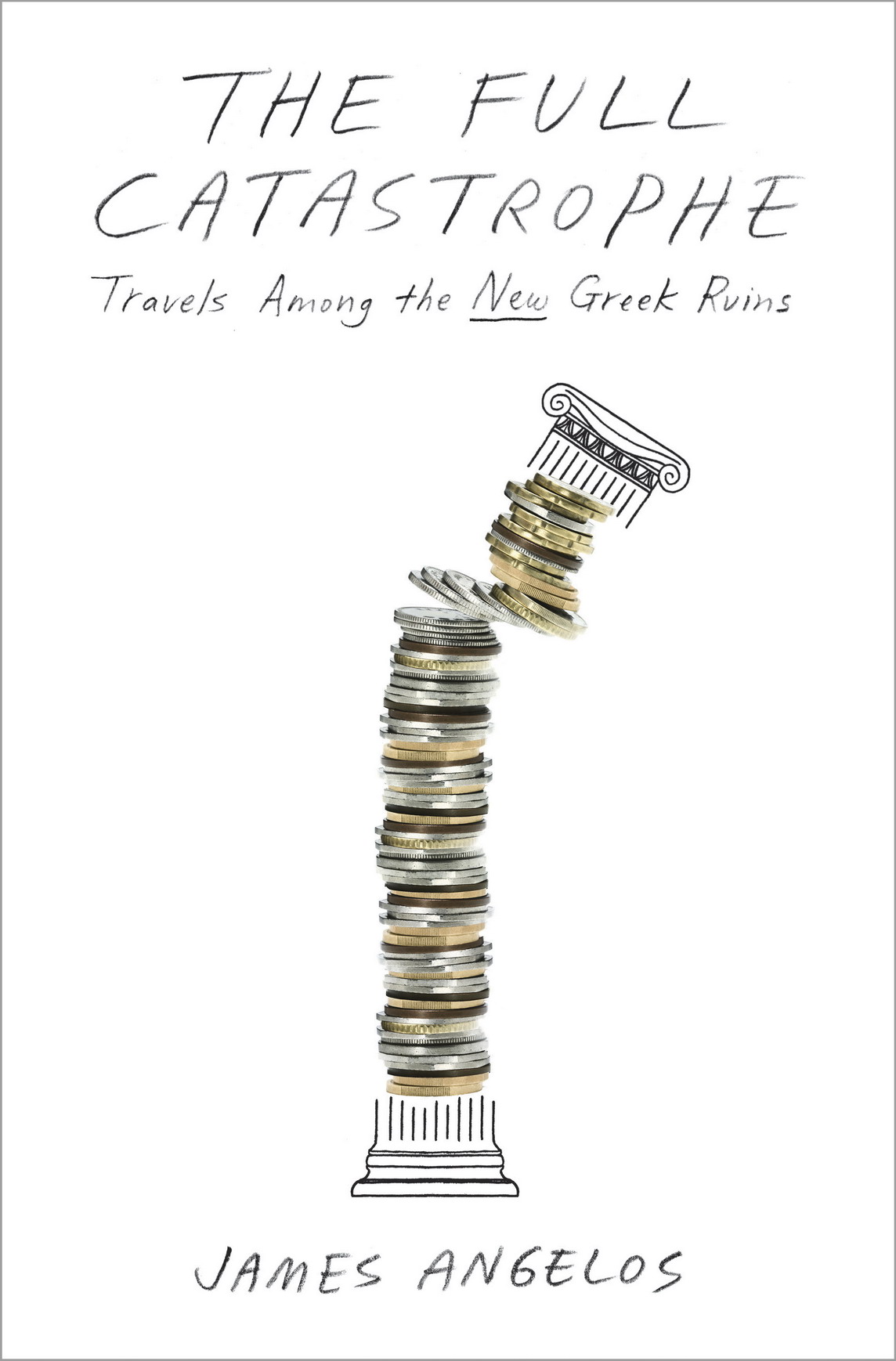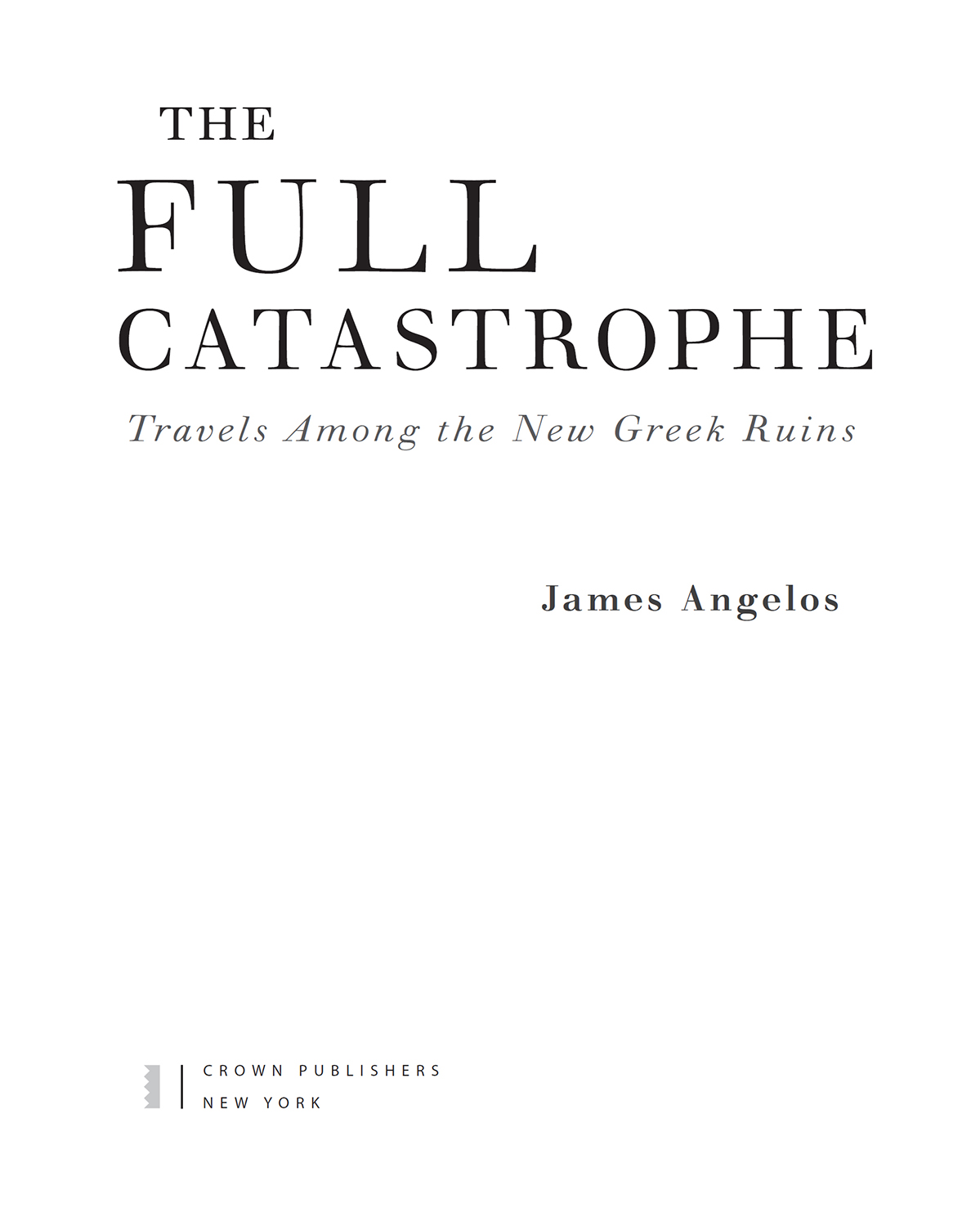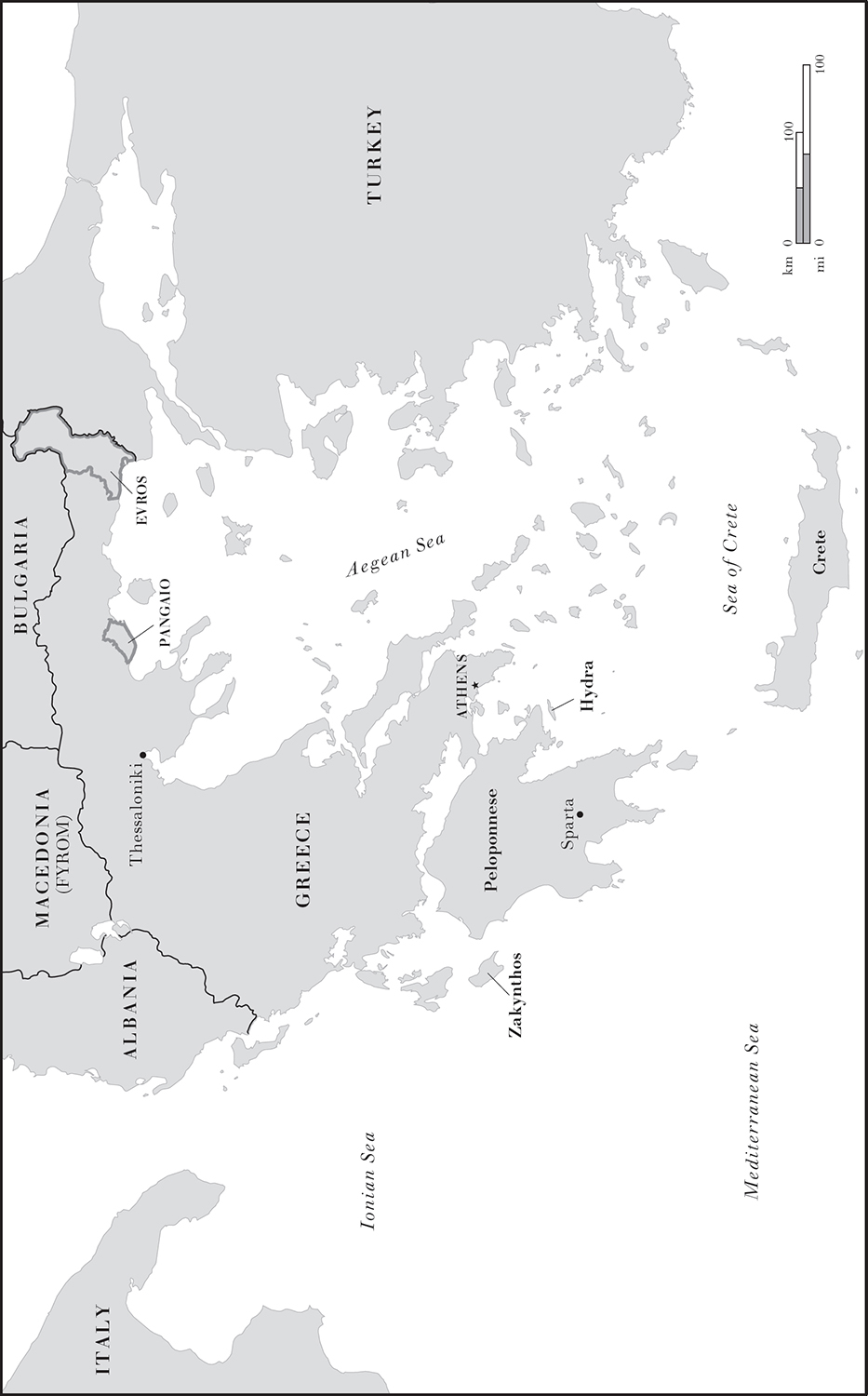James Angelos - The Full Catastrophe: Travels Among the New Greek Ruins
Here you can read online James Angelos - The Full Catastrophe: Travels Among the New Greek Ruins full text of the book (entire story) in english for free. Download pdf and epub, get meaning, cover and reviews about this ebook. year: 2015, publisher: Crown, genre: Art. Description of the work, (preface) as well as reviews are available. Best literature library LitArk.com created for fans of good reading and offers a wide selection of genres:
Romance novel
Science fiction
Adventure
Detective
Science
History
Home and family
Prose
Art
Politics
Computer
Non-fiction
Religion
Business
Children
Humor
Choose a favorite category and find really read worthwhile books. Enjoy immersion in the world of imagination, feel the emotions of the characters or learn something new for yourself, make an fascinating discovery.

- Book:The Full Catastrophe: Travels Among the New Greek Ruins
- Author:
- Publisher:Crown
- Genre:
- Year:2015
- Rating:4 / 5
- Favourites:Add to favourites
- Your mark:
The Full Catastrophe: Travels Among the New Greek Ruins: summary, description and annotation
We offer to read an annotation, description, summary or preface (depends on what the author of the book "The Full Catastrophe: Travels Among the New Greek Ruins" wrote himself). If you haven't found the necessary information about the book — write in the comments, we will try to find it.
In recent years, small Greece, often associated with ancient philosophers and marble ruins, whitewashed villages and cerulean seas, has been at the center of a debt crisis that has sown economic and social ruin, spurred panic in international markets, and tested Europes decades-old project of forging a closer union.
InThe Full Catastrophe, James Angelos makes sense of contrasting images of Greece, a nation both romanticized for its classical past and castigated for its dysfunctional present. With vivid character-driven narratives and engaging reporting that offers an immersive sense of place, he brings to life some of the causes of the countrys financial collapse, and examines the changes, some hopeful and others deeply worrisome, emerging in its aftermath. A small rebellion against tax authorities breaks out on a normally serene Aegean island. A mayor from a bucolic, northern Greek village is gunned down by the municipal treasurer. An aging, leftist hero of the Second World War fights to win compensation from Germany for the wartime occupation. A once marginal group of neo-Nazis rises to political prominence out of a ramshackle Athens neighborhood.
The Full Catastrophegoes beyond the transient coverage in the daily headlines to deliver an enduring and absorbing portrait of modern Greece.
James Angelos: author's other books
Who wrote The Full Catastrophe: Travels Among the New Greek Ruins? Find out the surname, the name of the author of the book and a list of all author's works by series.

